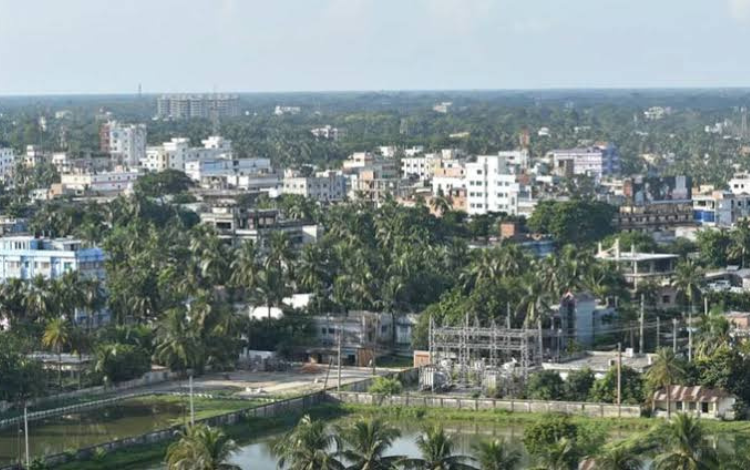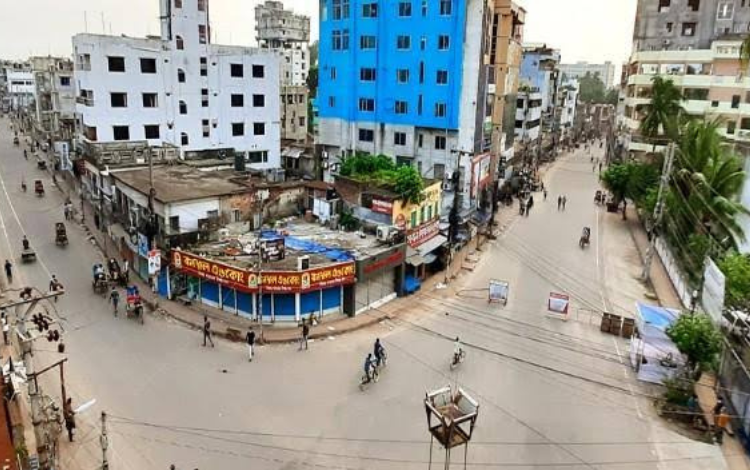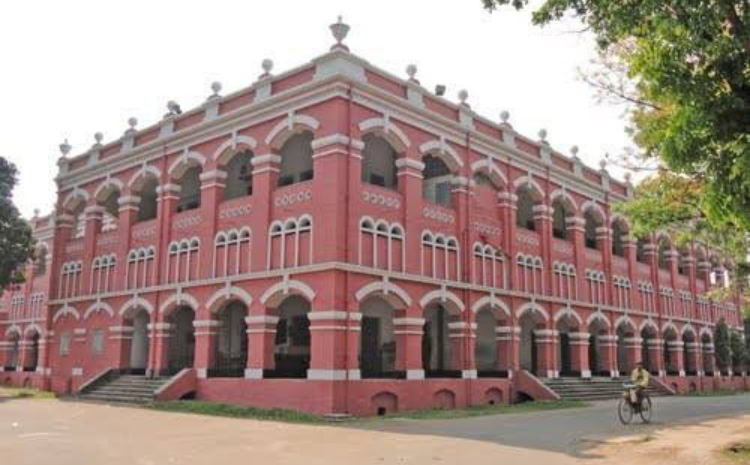Jessore: A Tapestry of Heritage, Culture, and Progress
Nestled in the southwestern region of Bangladesh, Jessore, often spelled as Jashore, stands as a testament to the nation’s rich cultural heritage and historical significance. With a history dating back centuries, this district has played a pivotal role in shaping Bangladesh’s identity. From ancient times to the modern era, Jessore has witnessed a myriad of events that have contributed to its unique character and charm.
Ancient Roots and Medieval Marvels (Before 1947)
The roots of Jessore’s history can be traced back to ancient times. The region was once part of the Vanga Kingdom, an ancient Indian kingdom mentioned in Hindu scriptures. Over the centuries, various dynasties and rulers, including the Mauryas and the Guptas, left their mark on this land. With the arrival of Islam in the medieval period, Jessore became an essential center for trade and cultural exchange.
During the Mughal era, Jessore flourished as a prosperous trading hub. The region’s fertile soil and strategic location made it an agricultural and commercial center. The Mughal rulers constructed numerous architectural marvels, including mosques, forts, and palaces, many of which still stand as testaments to the district’s historical grandeur.

Colonial Legacy and Independence Struggles (1947-1971)
In 1947, with the partition of India, Jessore became part of East Pakistan, which later gained independence as Bangladesh in 1971. The district played a significant role during the Bangladesh Liberation War. Jessore was a crucial battleground where the Pakistani military clashed with Bengali freedom fighters. The district witnessed intense fighting, and many lives were sacrificed in the struggle for independence.
One of the most poignant chapters in Jessore’s history is the tragic events of March 25, 1971. On this day, the Pakistani military launched a brutal crackdown, resulting in the loss of numerous lives and leaving an indelible mark on the district’s collective memory. The Martyr Intellectuals Memorial in Jessore stands as a solemn reminder of the intellectuals who lost their lives during this period, paying the ultimate price for the nation’s freedom.
Cultural Heritage and Traditions
Jessore is renowned for its vibrant cultural heritage. The district is home to various traditional art forms, including folk music, dance, and handicrafts. Baul music, a traditional genre of folk songs, resonates through the villages, capturing the essence of rural Bengal. Additionally, Jessore is famous for its Nakshi Kantha, intricately embroidered quilts that are a testament to the region’s artistic prowess.
The district also celebrates various festivals and cultural events with great enthusiasm. Durga Puja, Eid-ul-Fitr, and Pohela Boishakh (Bengali New Year) are celebrated with colorful processions, traditional music, and delectable cuisine, showcasing the cultural diversity and harmony of Jessore.

Economic Progress and Educational Excellence
In recent decades, Jessore has made significant strides in economic development and education. The district’s economy is primarily based on agriculture, with rice, jute, and fish being major products. The introduction of modern agricultural practices has boosted productivity, contributing to the region’s economic growth.
Jessore is also known for its educational institutions. Several schools, colleges, and universities provide quality education to the local population. The district has become an educational hub, nurturing the talents of young minds and shaping the future leaders of Bangladesh.
The delightful food culture of Jessore
- Rice and Fish: As with most of Bangladesh, rice is a staple food in Jessore. Paired with various fish curries, this combination is a daily affair for locals. Hilsa, the national fish of Bangladesh, is especially popular and is often prepared in different styles, such as Bhapa (steamed) or Jhol (curry).
- Bhorta: Bhorta is a quintessential Bengali dish where various ingredients like boiled vegetables, fish, or meat are mashed and seasoned with mustard oil, green chilies, and salt. In Jessore, Bhorta is often prepared with local vegetables and fish, creating a flavorful and spicy delicacy.
- Panta Ilish: Panta Ilish is a traditional dish made with fermented rice soaked in water and served with fried hilsa fish. This dish is especially popular during the Bengali New Year (Pohela Boishakh) celebrations.
- Sweets: Sweets play a significant role in Bangladeshi cuisine, and Jessore is no exception. Rasgulla, Sandesh, and Chamcham are popular sweets made from chhana (cottage cheese) and sugar syrup. These sweets are often served during festivals and special occasions.
- Pithas: Pithas are traditional Bengali sweets or snacks prepared during special occasions, especially during winter. These are often made from rice flour, jaggery, and coconut. Puli Pitha and Pati Shapta are two varieties of pithas enjoyed in Jessore.
- Street Food: Jessore, like many other places in Bangladesh, offers a variety of street food options. From samosas and rolls to fuchka (pani puri) and chotpoti (a spicy chickpea snack), the streets are filled with the aroma of delicious treats.
Conclusion: Embracing the Future while Preserving the Past
Jessore’s history is a captivating tale of resilience, cultural richness, and the spirit of its people. As the district continues to progress and embrace the challenges of the modern era, it does so with a deep-rooted connection to its historical legacy. The echoes of the past resonate in every corner, reminding the present generation of the sacrifices made and the triumphs achieved.
In the tapestry of Bangladesh’s history, Jessore is a vibrant thread, weaving together the ancient and the contemporary, the traditional and the modern. With its cultural heritage, economic vitality, and educational endeavors, Jessore stands as a shining example of a district that honors its past while embracing the promise of the future.
Writer
Md Ashikur Rahman
Intern, Content Writing Department
Requin BD





2 Comments
Md Anichur Rahman
December 8, 2023
as salamo alaikum
الأنابيب الخرسانية المسلحة
September 20, 2024
FRP Pipes : Similar to GRP, FRP pipes are strong, lightweight, and corrosion-resistant. ElitePipe Factory in Iraq offers top-tier FRP pipe solutions.